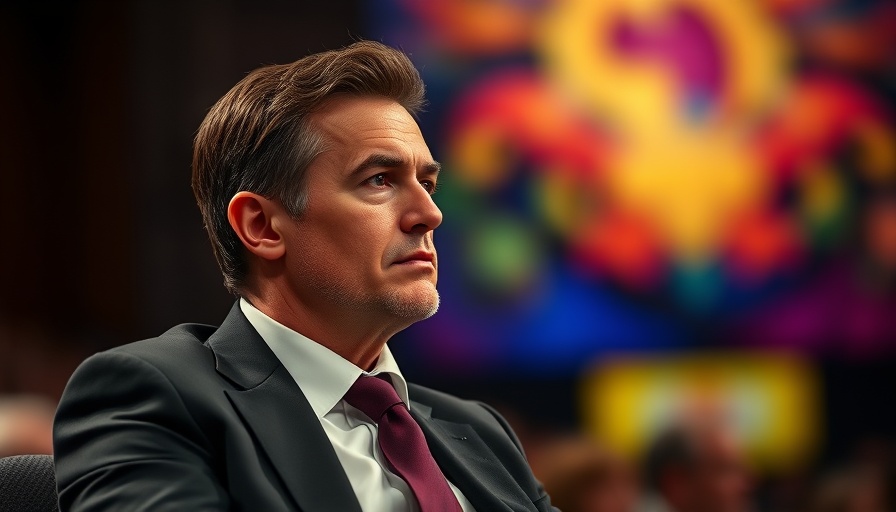
Europe's Energy Crisis: A Historical Context
Europe is currently facing its most severe energy crisis in decades, a situation that has been exacerbated by geopolitical tensions and the reliance on Russian gas. The urgency of the current crisis serves not just as a wake-up call but highlights the fragility of the energy supply chain, propelling companies like Engie to pivot towards renewable resources. This pivotal moment is not just a challenge; it presents an unprecedented opportunity for transformation.
Engie's Response to the Crisis
Catherine MacGregor, CEO of Engie, is at the forefront of steering the company through these turbulent times. By balancing 'molecules and electrons,' MacGregor has positioned Engie to invest €25 billion in renewables while managing traditional energy sources. The company's dual strategy aims not only to combat the current crisis but also to facilitate a systematic green transition that contributes to broader climate goals.
Hydrogen: The Future Fuel with Challenges
With hydrogen emerging as a key component in the future energy landscape, it faces significant regulatory hurdles that threaten its widespread adoption. Engie's ambitious plans for hydrogen development illustrate the complexities involved in navigating between innovative energy solutions and the existing regulatory framework. This sparks a dialogue about how policymakers can support green initiatives while ensuring safety and efficiency.
Learning from Crisis Leadership
Crisis leadership is crucial in today’s fast-paced business environment. MacGregor's leadership style emphasizes adaptability and foresight, demonstrating that successful leaders navigate through uncertainty by maintaining clear communication and fostering collaboration among diverse teams. This approach could serve as a model for executives aiming to thrive in volatile markets.
The Emotional Toll of Leadership
For many CEOs, leading during a crisis not only presents strategic challenges but can also contribute to significant emotional stress. MacGregor’s journey from oil rigs in Congo to leading an energy conglomerate highlights the resilience needed in executive roles. This humanizes the often impersonal world of high-level corporate decision-making, reminding us that behind the figures, data, and corporate strategies, there are real individuals striving to make a difference.
Action Items for Corporate Leaders
In light of Engie’s strategic pivot, executives should consider how they can harness these lessons for their organizations. Investing in renewable energy, enhancing crisis management training, and fostering a culture of innovation are all essential steps. By doing so, companies can improve their resilience and position themselves as leaders in the upcoming green revolution.
Future Trends: A Shift Towards Sustainability
The transition to a sustainable energy future appears not only as a necessary response to current challenges but also as a significant trend. Engie's commitment to expanding its renewable energy capacity by 2030 indicative of a broader shift in the energy sector. Businesses across industries must prepare for this transition, understanding that sustainability is no longer just an option but a necessity for survival.
Concluding Thoughts
Catherine MacGregor’s insights into crisis leadership amidst a backdrop of energy transition provide valuable perspectives for today's business leaders. By observing how Engie navigates regulatory challenges and invests in sustainable practices, executives can draw actionable insights to enhance their own strategies. Acknowledging the emotional and psychological layers of leadership further enriches this discourse, fostering a more humane approach to corporate governance.
 Add Row
Add Row  Add
Add 




Write A Comment